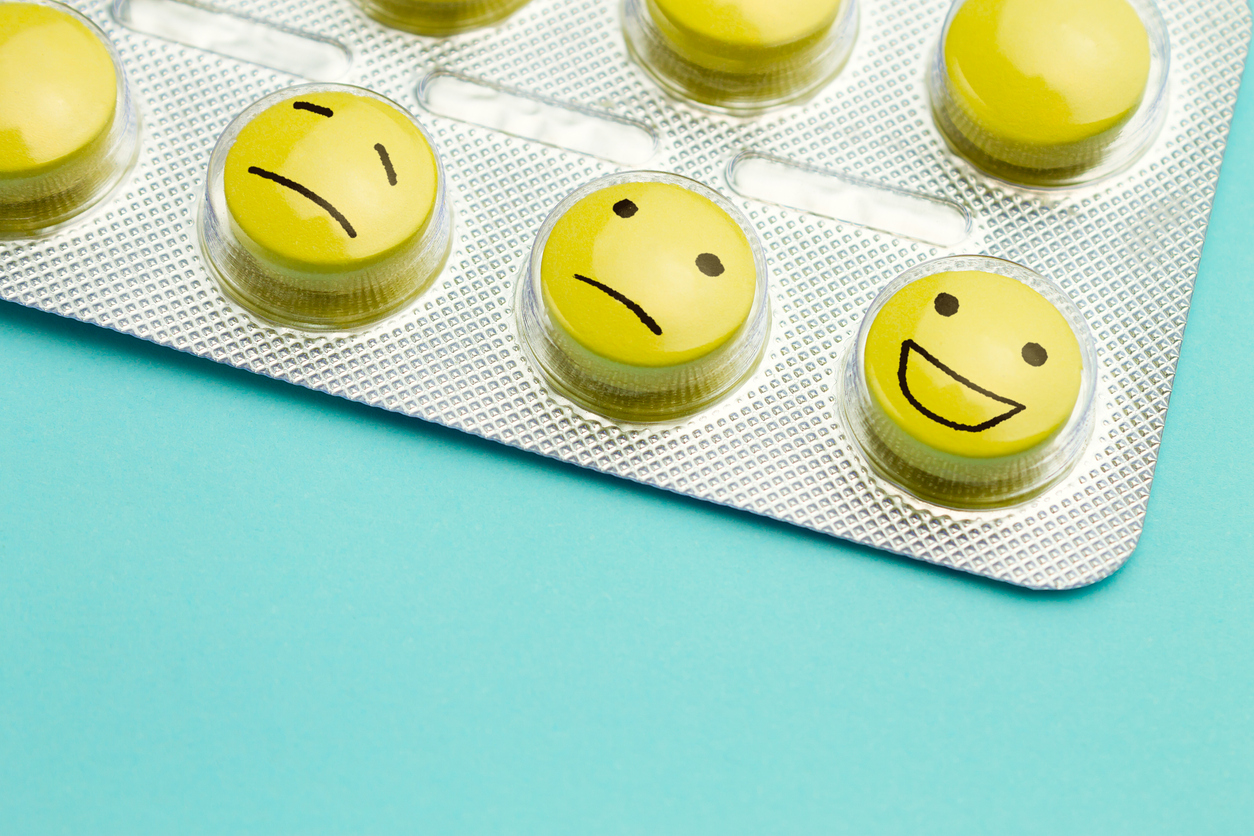2025-01-23
Depression: Shining a Light on Future Treatments
Psychiatry
This is particularly true because MDD is a complex and heterogeneous disease, characterized by a wide variety of symptoms and clinical trajectories. This variability makes treatment especially challenging, as nearly 30% of patients do not respond to traditional therapies (antidepressants, psychotherapy). These cases of treatment-resistant depression call for an urgent exploration of alternative therapeutic solutions targeting biological mechanisms not addressed by current treatments.
This article reviews emerging treatments for MDD, examining pharmacological advancements (psychedelics, anti-inflammatory agents) and neuromodulatory approaches (transcranial magnetic stimulation, photobiomodulation). The goal is to provide an analysis of their efficacy, mechanisms of action, and clinical applicability, paving the way for new options for patients unresponsive to conventional therapies.
Emerging Treatments: A Revolution in Depression Management?
The studies included in this review focus on adult participants (≥ 18 years) diagnosed with MDD based on DSM-5 criteria. The treatments investigated center on emerging approaches, particularly psychedelics (ketamine, psilocybin), anti-inflammatory agents, and neuromodulation techniques (transcranial magnetic stimulation, light therapy). The efficacy of these interventions was assessed using validated clinical scales, ensuring standardized measures of depressive symptoms. Some studies also included complementary indicators, such as improvements in patients' quality of life.Emerging treatments for MDD include a variety of promising approaches. Among psychedelics, ketamine and its derivative, esketamine, stand out for their rapid effects on depression and suicidal ideation. However, their long-term efficacy remains uncertain, and ketamine raises concerns about dependency. Psilocybin, combined with psychological support, also shows encouraging results, though intensive monitoring is required due to potential side effects.
Anti-inflammatory agents, such as minocycline, statins, and omega-3 fatty acids, have demonstrated significant reductions in depressive symptoms when used as adjuncts to traditional treatments. Additionally, the buprenorphine-samidorphan combination, an opioid-based treatment, has been well-tolerated and effective in alleviating symptoms, offering new pharmacological possibilities.
Lastly, alternative treatments, such as onabotulinumtoxinA, have shown antidepressant potential despite an unclear mechanism of action.
Read next: Inflammation: When Childhood Trauma Leads to Depression
Awakening the Brain: New Frontiers in Neuromodulation
Advancements in neuromodulation also offer innovative approaches by directly targeting brain activity. Repetitive transcranial magnetic stimulation (rTMS), including theta-burst therapy, effectively reduces depressive symptoms while causing fewer side effects than electroconvulsive therapy. Accelerated forms of rTMS shorten treatment durations, making these interventions more accessible and practical.Light therapy and photobiomodulation show promise when used alongside other treatments. These techniques influence circadian rhythms and mood regulation, though their precise mechanisms require further investigation.
Read next: Beating the Winter Blues: Light Therapy in the Spotlight
More invasive options, such as deep brain stimulation and magnetic seizure therapy, provide effective alternatives for patients with treatment-resistant depression. However, their use remains limited due to risks, high costs, and procedural complexity. Despite these challenges, these advances hold considerable potential for improving the management of treatment-resistant depression.
Depression: A Future Full of Hope?
By exploring innovative mechanisms, such as the influence of inflammatory processes and circadian rhythms, these approaches open new perspectives in the treatment of MDD. Integrating these treatments could lead to more comprehensive and personalized management of MDD. However, their long-term efficacy and safety require further research, and rigorous comparisons with established therapies remain essential.Source(s) :
Njenga, C., et al. (2024). New and emerging treatments for major depressive disorder. bmj, 386 ;

Last press reviews
Dark chocolate: guilty pleasure or a renal ally?

By Ana Espino | Published on December 16, 2025 | 3 min read<br>...
A post-exercise infrared sauna session: a booster for neuromuscular recovery or just comfort?

By Lila Rouland | Published on December 15, 2025 | 3 min read<br>
Cinnamon: more than just a spice?

By Ana Espino | Published on December 12, 2025 | 3 min read<br>...